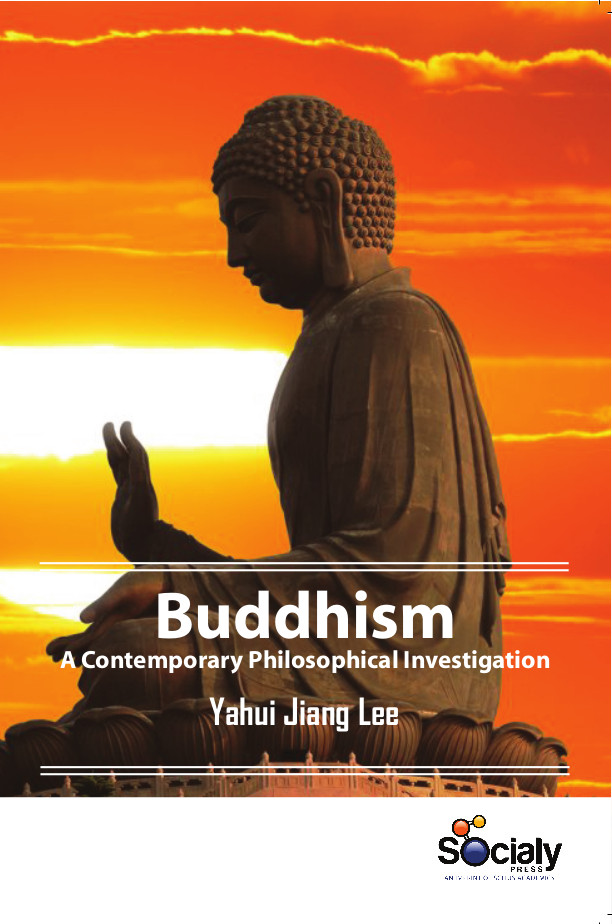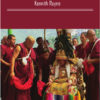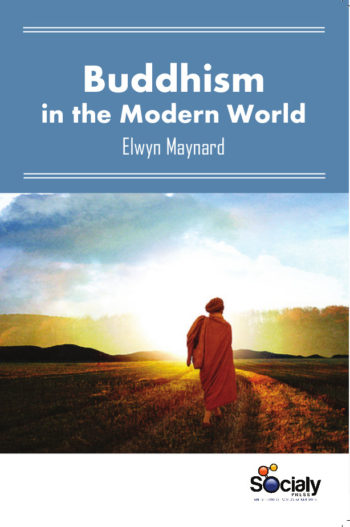Recent years have seen a growing interest in Buddhist thought as a potential source of alternative conceptions of the nature of the mind and the relation between the mental and the physical. There is a long tradition in the West to regard Buddhism as a philosophy. This tradition was started by Enlightenment philosophers (those who like rational thinking so much) who saw in Buddhism an ancient religion which fit their ideal of a rational way of life. Buddhists assume that mental states can be both reportable events in phenomenal consciousness and have a ‘background’ causal influence on our experience and behavior of which we are not immediately aware but need meditation and reflection to uncover.
Buddhism: A Contemporary Philosophical Investigation offers comprehensive studies and critical approaches on contemporary Buddhism to new directions in Buddhist Studies all over the world. It examines the historical, doctrinal, literary, social, political, developments that have formed contemporary versions of Buddhism, East and West. In all this Buddhism is predicated as an inhabited and relevant action-influencing worldview. This Monograph will investigate what the nature of mental states must be like to admit these possibilities and will examine whether Buddhist philosophies of mind are adequate to the task. The text has been conceived as an interdisciplinary discussion for the analysis and critical evaluation of the contribution of Buddhism to the emergence of a global culture. It will promote enquiry into and critical reflection upon the historical, doctrinal and political developments formative of contemporary Buddhism; the recent appropriations of the Buddhist traditions in Asia and the West; the self-understanding of these traditions and their mutual relations; and the dialogue between Buddhism and other world spiritual traditions. At the same time it develops a careful, probing analysis of the nature and practical dynamics of Buddhist ethics in both its unifying themes and in the particularities of different Buddhist traditions.
The book applies Buddhist ethics to a range of issues of contemporary concern. This Book is aimed at anyone interested in Buddhism, including students, scholars and general readers.












